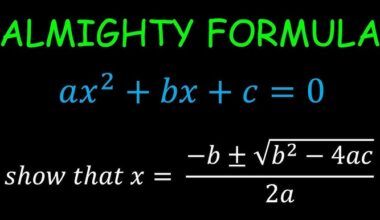Hausa is one of the most widely spoken languages in West Africa, especially in Nigeria, Niger, and parts of Ghana, Cameroon, and Chad. If you’re learning Hausa or just want to greet a friend properly, knowing how to say “Good Morning” is a great place to start!
What is “Good Morning” in Hausa?
The standard way to say “Good Morning” in Hausa is:
“Ina kwana”
This literally means “How was your sleep?” or “How did you spend the night?”, and it’s the most common way to greet someone in the morning.
Sentence Examples Using “Ina kwana”
Here are some examples of how you might use Ina kwana in everyday conversation:
- A: Ina kwana?
(Good morning?)
B: Lafiya lau, na gode.
(I’m fine, thank you.) - Ina kwana, Malam.
(Good morning, Sir.) - Ina kwana, Yaya gida?
(Good morning, how is home?) - Ina kwana, Yaya iyali?
(Good morning, how is your family?)
Who Do You Say “Ina Kwana” To?
You can say Ina kwana to:
- Elders
- Friends
- Neighbors
- Colleagues
- Strangers (as a polite morning greeting)
It is a respectful and culturally appropriate greeting in most Hausa-speaking communities.
Formal & Informal Usage
- Formal: Use Ina kwana with a respectful tone when speaking to elders, superiors, or in professional settings. Ina kwana, Alhaji.
(Good morning, Sir.) - Informal: You can say it casually to friends or younger people. Ina kwana, abokina!
(Good morning, my friend!)
Bonus: Other Greetings in Hausa
To build your Hausa vocabulary, here are a few more greetings:
- Good afternoon – Ina wuni
- Good evening – Ina yini
- How are you? – Lafiya?
- Welcome – Sannu da zuwa
- Good night – Sai da safe (Literally: Until morning)
Summary
| English | Hausa |
|---|---|
| Good Morning | Ina kwana |
| Response | Lafiya lau (I’m fine) |
| Good Afternoon | Ina wuni |
| Good Night | Sai da safe |
Final Thoughts
Learning simple greetings in Hausa can help you connect deeply with Hausa speakers and show respect for the culture. Start with Ina kwana, and practice it daily!
Have any other Hausa phrases you want to learn? Drop them in the comments or share with a friend who wants to speak Hausa too!


